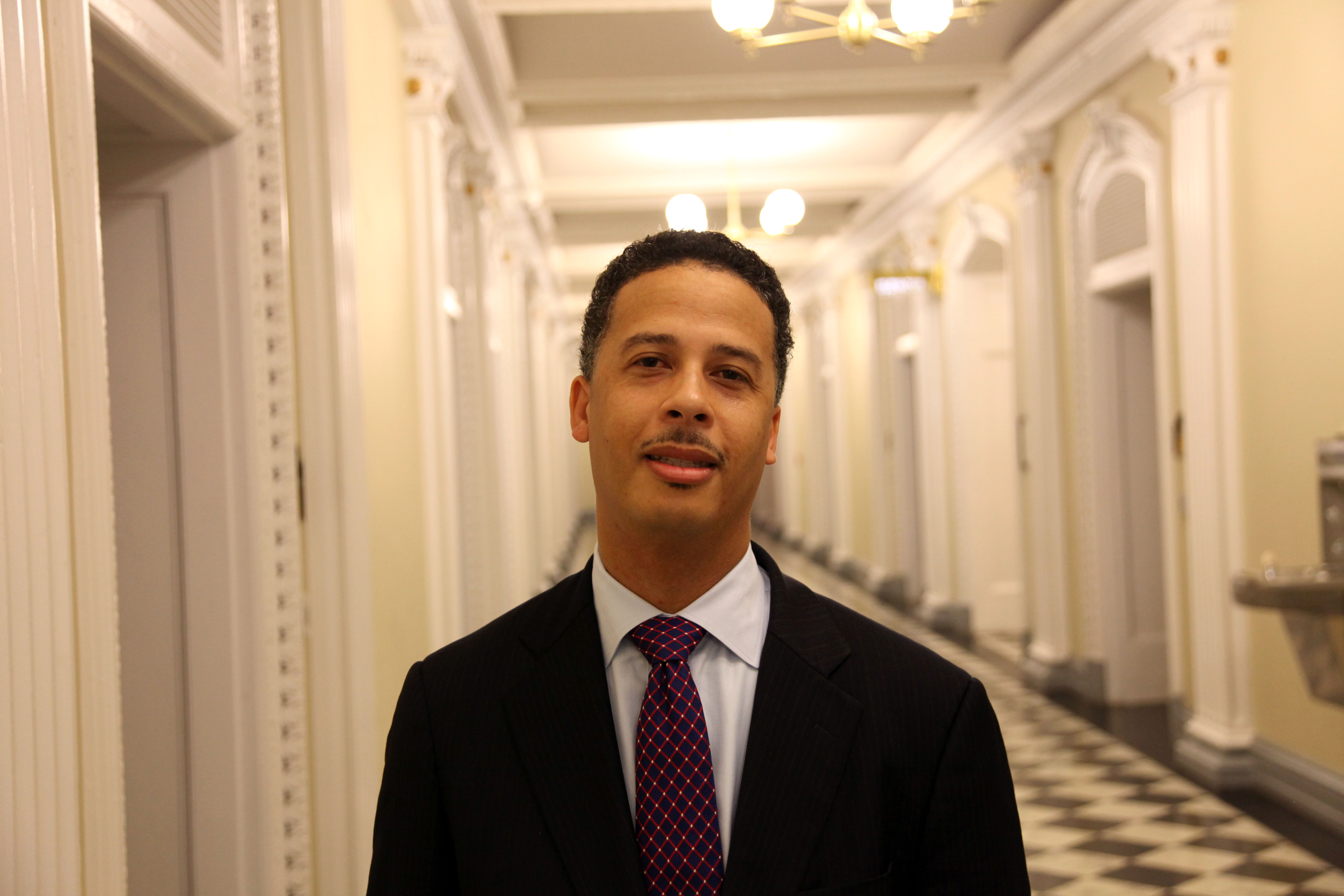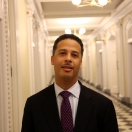
Ed. Note: Champions of Change is a weekly initiative to highlight Americans who are making an impact in their communities and helping our country rise to meet the many challenges of the 21st century.
I teach the Reentry Clinic at the University of Maryland Francis King Carey School of Law. Maryland Carey Law is among the handful of schools in the country that require each full-time day student to have a faculty-supervised, for credit experience providing legal services to those who lack Access to Justice. Essentially, we operate a large public interest law office within the law school – with more than 25 faculty and 250 law students providing more than 110,000 hours of free legal services annually.
I co-founded the Reentry Clinic with my colleague Sherrilyn Ifill in 2003. We started the Clinic because we felt strongly that the law school, as a state institution with a committed history of helping individuals and communities access justice, needed to be involved with the tangled legal issues that comprise the reentry process and to collaborate with the advocacy, policy and community-based organizations in Baltimore City that had long been engaged in reentry work.
At present, well over 700,000 individuals exit prisons and juvenile facilities each year and return to communities across the United States. These individuals confront a range of legal obstacles during the reentry process and beyond – such as ineligibility for various types of housing, employment and government programs – that make it extraordinarily difficult, and sometimes impossible, for them to reunite with their families and contribute meaningfully to their communities. These legal obstacles are rooted in federal, state and local laws that apply, in varying degrees, to any type of criminal conviction and, in some instances, even non-convictions. Individuals charged with criminal offenses are largely unaware of the existence of these various penalties, which often far outlast criminal sentences and have life-lasting effects.
Within the last decade or so, reentry issues have received significant attention at the federal, state and local levels. For instance, Attorney General Holder has recently convened the second meeting of the Federal Interagency Reentry Council, the mission of which, in part, is to “assist those returning from prison, jail or juvenile facilities to become productive citizens.” National organizations such as the National Institute of Justice and the American Bar Association are in the process of collecting the seemingly countless federal, state and local civil legal penalties that attach to criminal convictions, with the goal of making criminal justice actors and individuals charged with crimes aware of the true magnitude of convictions.
Notwithstanding these efforts, problems relating to Access to Justice plague the reentry process. Reentering individuals need attorneys to help them navigate the myriad legal obstacles. Law students are well situated to help address these obstacles through individual representation (such as representing individuals in expungement proceedings, employment licensing hearings or administrative appeals of public housing denials), legislative advocacy (such as drafting and providing testimony in support of bills that promote productive reentry), and community education (such as speaking to judges, community groups, young adults and teenagers about the civil legal consequences of criminal convictions). In these ways and more, law students can help address these critical legal needs and, in the process, positively impact individuals, families and communities.
Professor Michael Pinard is the Director of the Clinical Law Program at the University of Maryland Francis King Carey School of Law, one of the top-rated clinical programs in the country.



